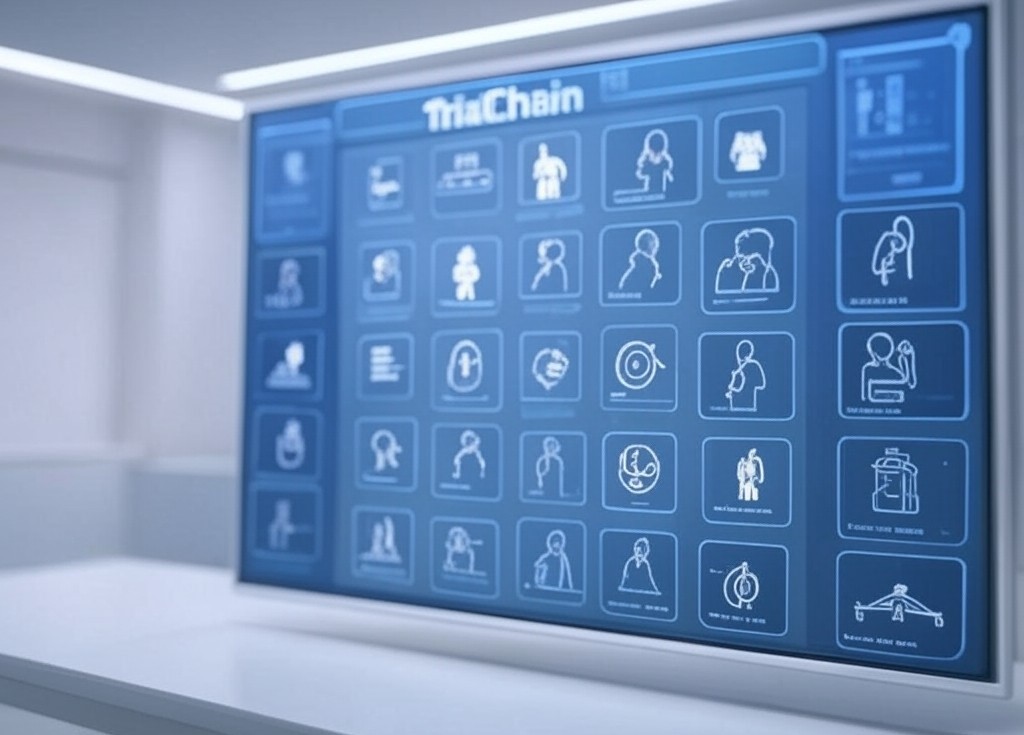
Background:
Traditional education systems are often centralized, with rigid structures that can limit access to learning, especially for those in remote or underprivileged areas. The rapid advancement of technology and the need for lifelong learning underscore the necessity for a more adaptable, inclusive educational model.
Concept:
“EduSphere” is a Web3 platform that revolutionizes education by creating a decentralized network for peer-to-peer learning, where knowledge is shared, taught, and learned directly between individuals without intermediaries.
1. Decentralized Course Creation:
- Anyone can become an educator by creating courses on any topic. These courses are tokenized into NFTs, which provide proof of ownership and authenticity. The content can range from academic subjects to practical skills like coding, cooking, or even traditional crafts.
2. Token-Based Learning Economy:
- Learners use “EduTokens” (the platform’s native cryptocurrency) to enroll in courses. These tokens can be earned through various activities like teaching, peer reviewing, or contributing to community resources. This creates an economy where knowledge directly translates to value.
3. Smart Contract for Peer Review and Validation:
- Courses are vetted by the community through a decentralized peer-review system. Smart contracts manage the peer review process, ensuring that only courses meeting certain quality standards are promoted or featured, using a reputation system based on community feedback.
4. Micro-Credentials and Badges:
- Upon completion of courses, learners receive NFTs as digital certificates or badges. These are verifiable on the blockchain, providing immutable proof of skills or knowledge acquired, which can be showcased on personal profiles or used in job applications.
5. Decentralized Governance:
- The platform operates under a DAO (Decentralized Autonomous Organization) where decisions on platform improvements, policy changes, or the introduction of new features are made via community voting with EduTokens. This ensures that the platform evolves in line with the needs of its users.
6. Global Collaboration and Mentorship:
- EduSphere fosters a global community where learners can find mentors or collaborate on projects. Special programs might allow for cross-cultural exchanges or projects, where learners from different parts of the world work together, sharing their unique perspectives.
7. Access to Education:
- By decentralizing education, EduSphere can reach areas with limited educational resources. Teachers from anywhere can offer courses, and students can learn from a global pool of knowledge without geographical restrictions.
Impact:
- Learners: Gain access to a vast, diverse pool of educational content, tailored to their pace and interest, with the ability to earn while learning.
- Educators: Can monetize their knowledge directly, bypassing traditional educational institutions, and gain international recognition.
- Education System: Could shift towards more personalized, community-driven learning, potentially reducing educational inequalities.
By leveraging Web3 technologies, “EduSphere” not only democratizes education but also builds a sustainable learning ecosystem where everyone is both a teacher and a learner.
This use case showcases how blockchain and decentralized technologies can be applied to education to foster a more inclusive, flexible, and community-oriented learning environment.
Contact us for a free evaluation.




No Comments